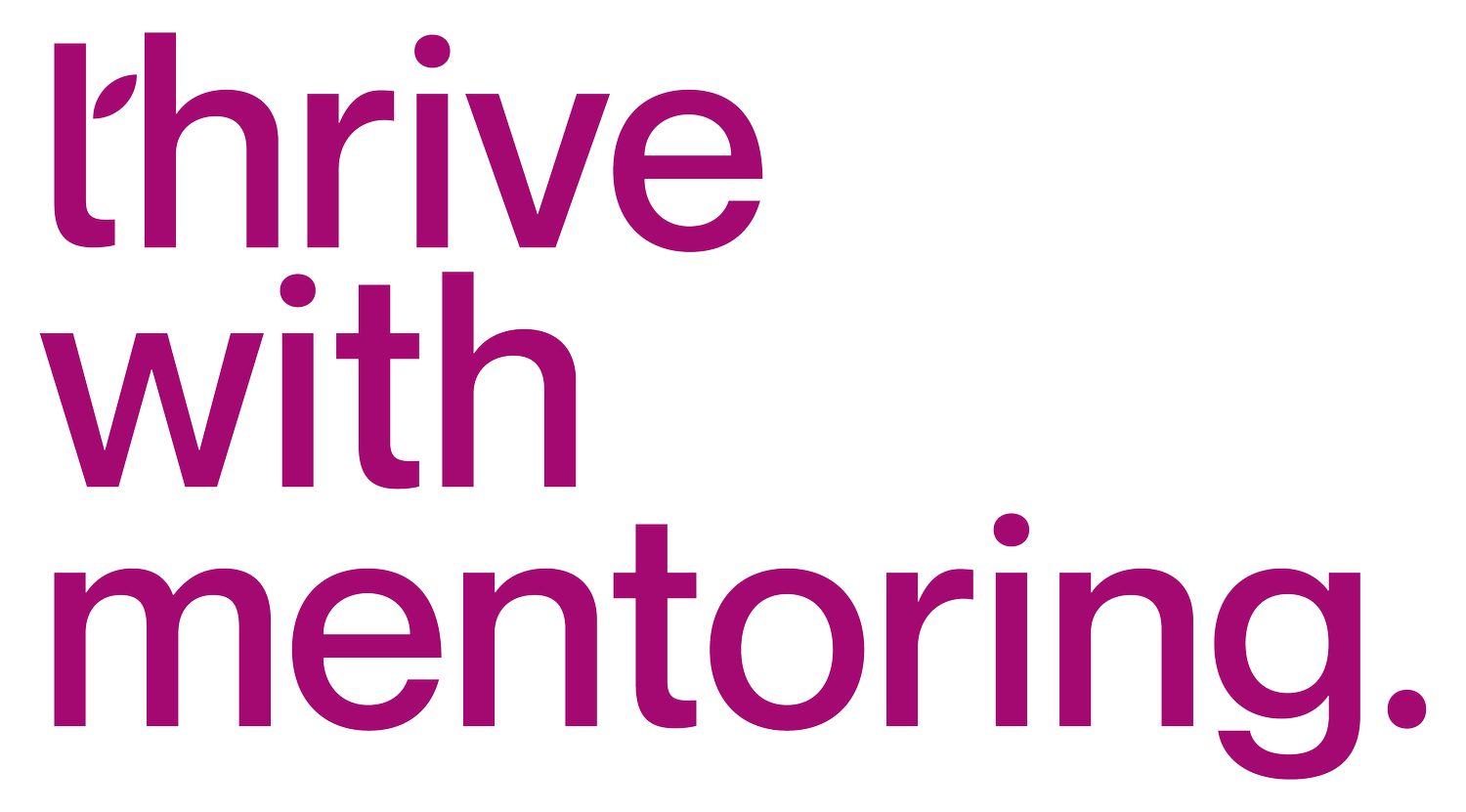Mentorship vs. Coaching: Understanding the Differences and When You Need Each
In the realm of personal and professional development, both mentorship and coaching are vital tools that can catalyze growth and success. However, they serve different purposes and are employed under varying circumstances. Understanding these distinctions can help you decide which approach is right for your specific needs.
What is Mentorship?
Mentorship is a relationship in which a more experienced or more knowledgeable person helps to guide a less experienced or less knowledgeable person. The mentor is usually someone who has walked the path the mentee aims to travel and can offer wisdom, advice, and connections that are invaluable for personal and professional growth. Mentorship relationships are typically long-term and involve a broad development focus, such as career progression, life choices, and personal development.
What is Coaching?
Coaching, on the other hand, is a structured interaction that focuses on improving specific areas in professional or personal settings. A coach has expertise in fostering skills development, achieving goals, and tackling specific challenges. Unlike mentorship, coaching sessions are usually more structured and time-bound, often with a set number of sessions aimed at addressing particular issues.
Key Differences Between Mentorship and Coaching
Duration and Structure: Mentorship is often long-term and can be somewhat informal, evolving as the needs and goals of the mentee change. Coaching is typically for a shorter period and is highly structured, with specific objectives to be achieved within that timeframe.
Focus: The focus of mentorship is more holistic, targeting broader personal or career development, whereas coaching is task or challenge-specific, concentrating on particular skills or goals.
Relationship Dynamics: Mentors often share their own experiences as a form of guidance, building a personal bond based on trust and respect. Coaches, however, maintain a professional distance and are more prescriptive in their approach, focusing on enhancing performance and achieving specific outcomes.
Expertise and Background: Mentors are usually selected based on their experience in a particular field or industry, offering insights that are not readily available through formal education or training. Coaches are often trained and certified professionals who use specific methodologies to improve their clients' effectiveness and productivity.
When to Choose Mentorship
Choose mentorship when you are looking for guidance that encompasses various aspects of your career or personal life over an extended period. This is particularly beneficial when you’re not sure of what your next steps should be or when you seek insights from someone who has a holistic view of your chosen path.
When to Choose Coaching
Opt for coaching when you need to develop specific skills or achieve particular objectives within a clear timeframe. This is ideal when you have a clear goal or challenge in mind, such as improving leadership skills, enhancing communication, or preparing for a specific project.
Both mentorship and coaching can be incredibly effective depending on the context and desired outcomes. By understanding the differences between the two, you can better decide which is suitable for your current needs and future aspirations. Whether you choose a mentor to guide you through your career or a coach to help you tackle a specific challenge, both paths can lead to profound personal and professional development.
Join Our Upcoming Cohorts
Ready to take your personal and professional growth to the next level? Whether you're looking to guide others as a mentor or enhance your own skills as a mentee, join our upcoming cohorts at Thrive with Mentoring. Explore how our structured mentorship can illuminate your path to success. Sign up today and start your journey with us!
